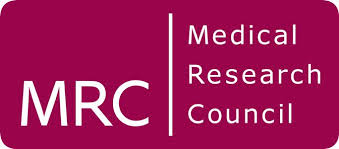
Symptoms of airway reflux predict exacerbations and quality of life in bronchiectasis.
Mandal P, Morice AH, Chalmers JD, Hill AT.
Link to publication page: http://www.ncbi.nlm.nih.gov/pubmed/23683772
Journal Ref: Respir Med. 2013 Jul;107(7):1008-13. doi: 10.1016/j.rmed.2013.04.006. Epub 2013 May 15.
Abstract:
We have explored the association of the upper airway symptoms related to cough with exacerbation frequency, sputum microbiology and inflammatory markers in patients with non cystic fibrosis bronchiectasis. Patients with bronchiectasis completed the Hull Airway Reflux Questionnaire (HARQ). A score of >13 was taken to indicate the presence of reflux. Patients were followed-up with longitudinal spirometry, sputum culture and Leicester cough questionnaire (LCQ). Myeloperoxidase (MPO), free neutrophil elastase (NE) activity, Interleukin (IL)-8 and Tumour Necrosis Factor (TNF)-α was measured from spontaneous sputum samples. 163 completed the study. 59.5% were female. Mean age was 65.7 years. 73.6% reported airway reflux using HARQ. Patients with airway reflux had more severe cough symptoms as assessed by the LCQ [15.2 (3.5) vs. 19.4 (1.9)], p < 0.001. Sputum levels of MPO, NE, IL-8 and TNF-α were all significantly higher in the reflux positive group (p < 0.05 for all comparisons). In a multivariable logistic regression, airway reflux was independently associated with cough severity (-3.27, standard error 0.81, p = 0.0002). Airway reflux, age, FEV1 % predicted and colonization with Pseudomonas aeruginosa were independently associated with an increased risk of ≥3 bronchiectasis exacerbations in one year. The symptoms of airway reflux independently predict severity and exacerbation frequency in non cystic fibrosis bronchiectasis.AIM:
METHODS:
RESULTS:
CONCLUSION:

